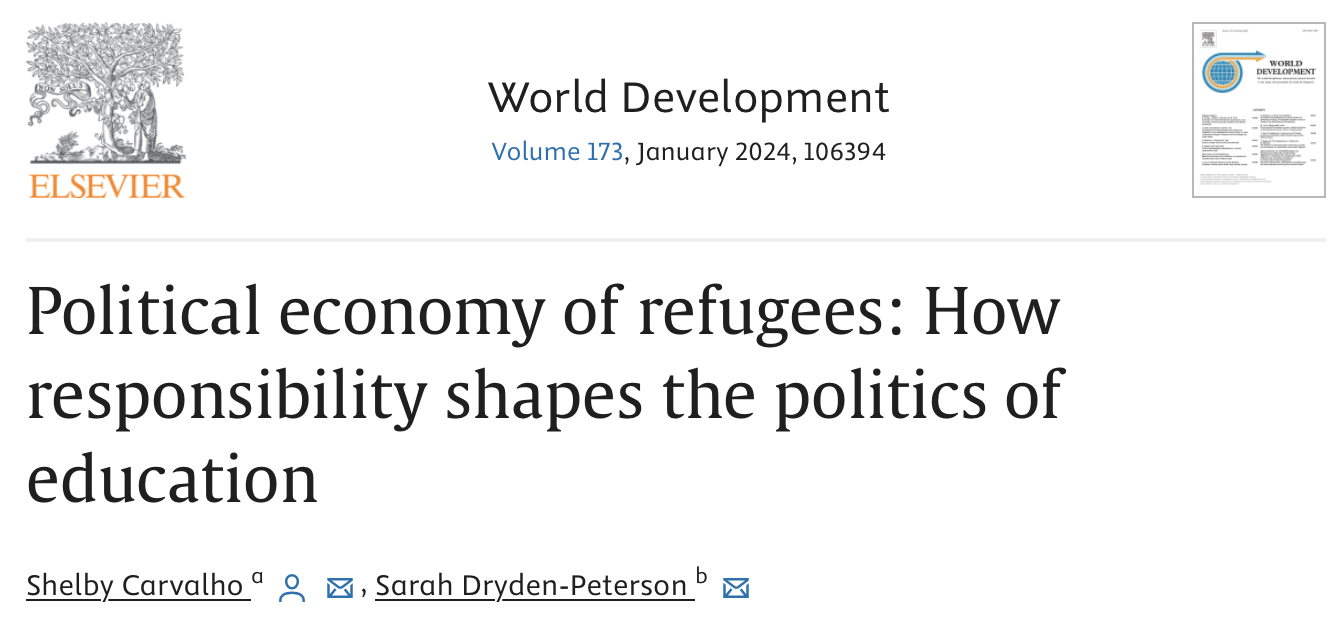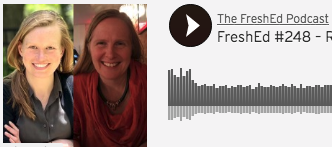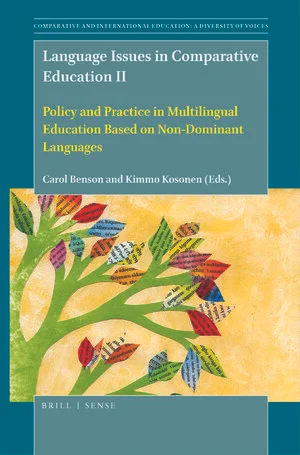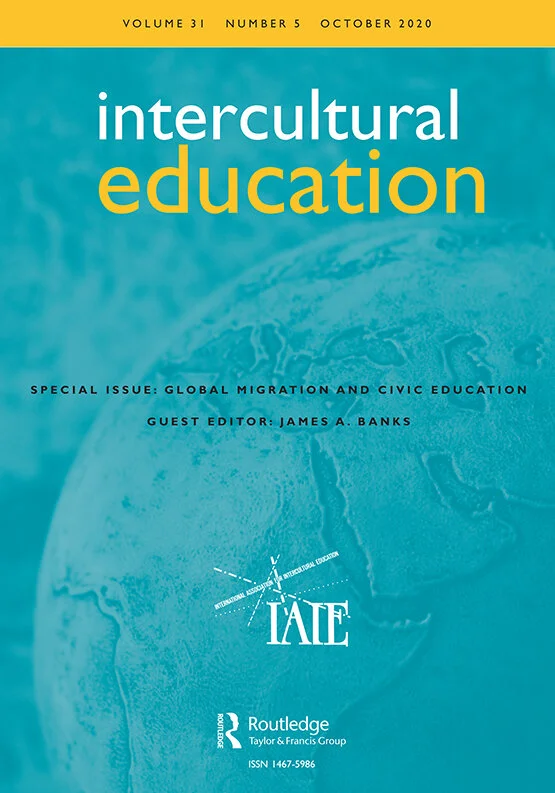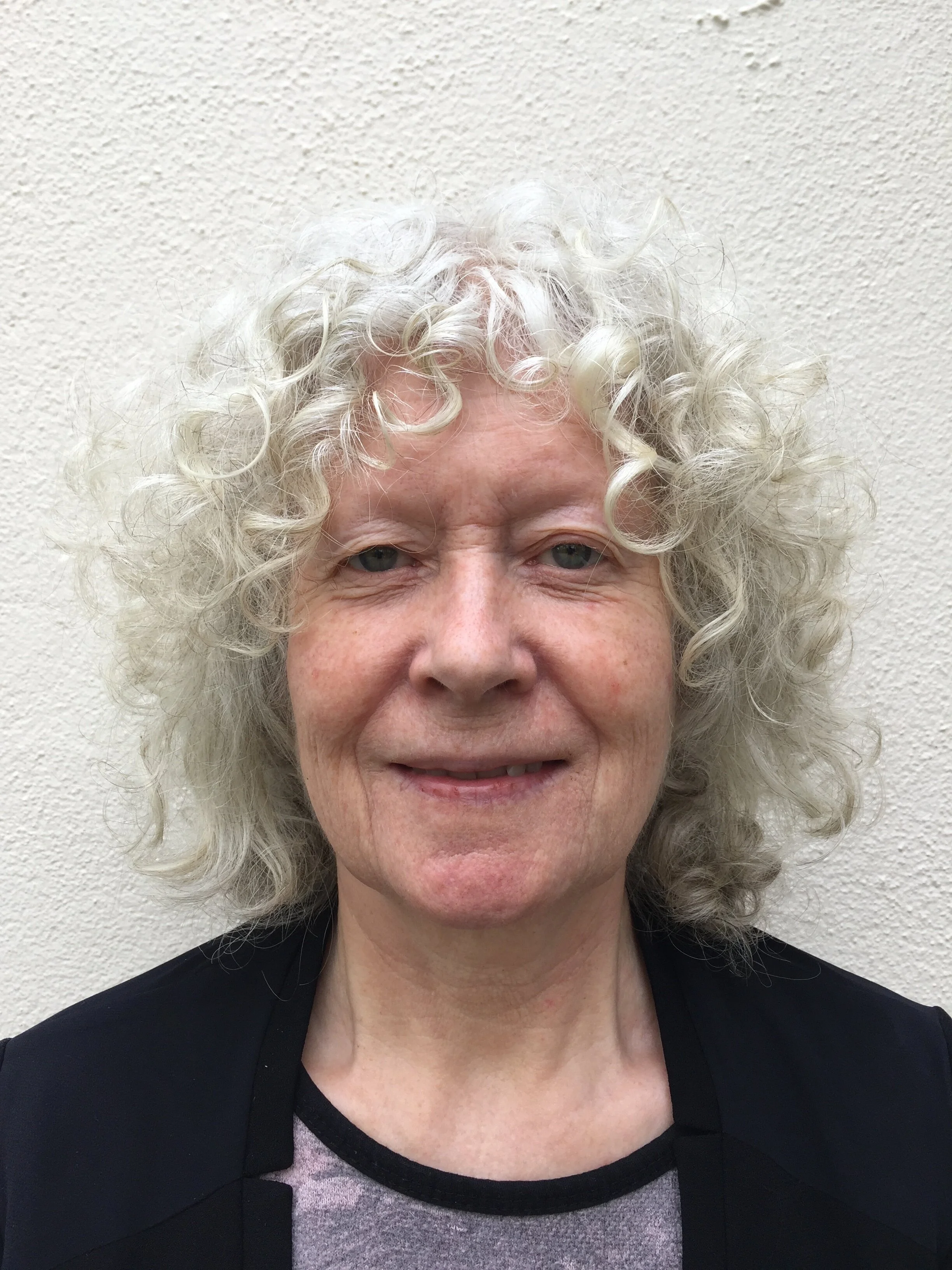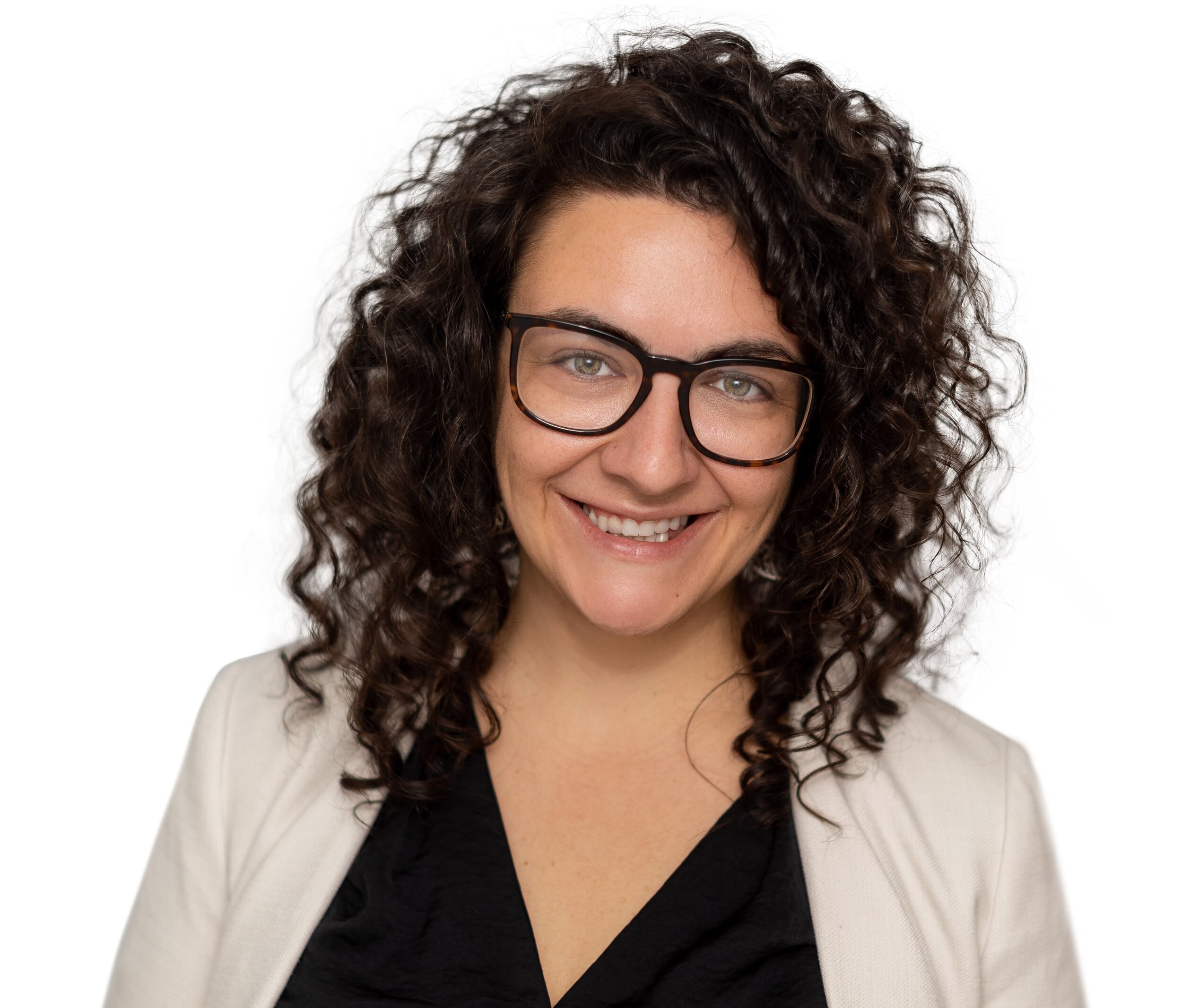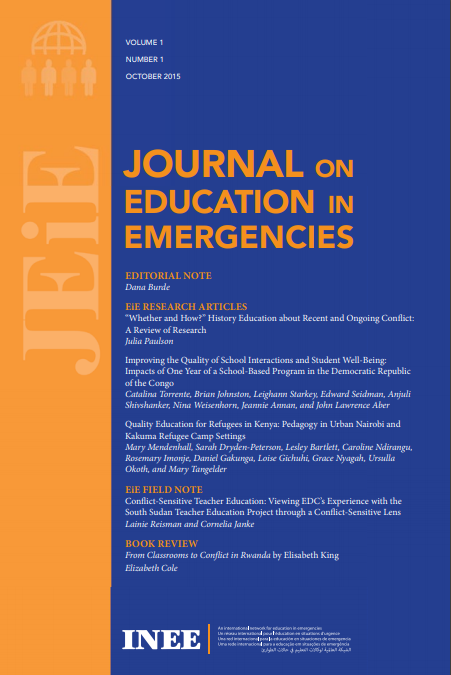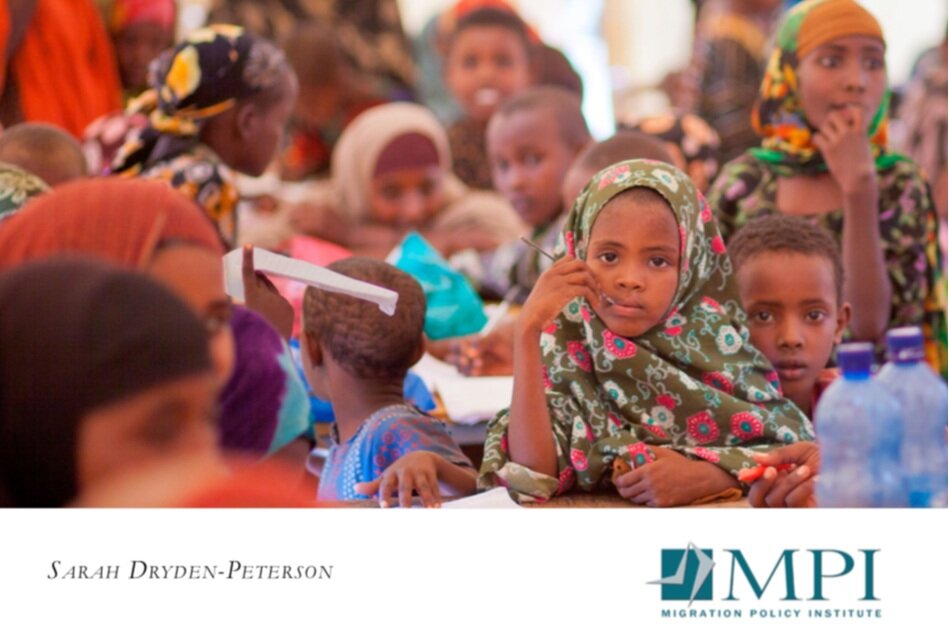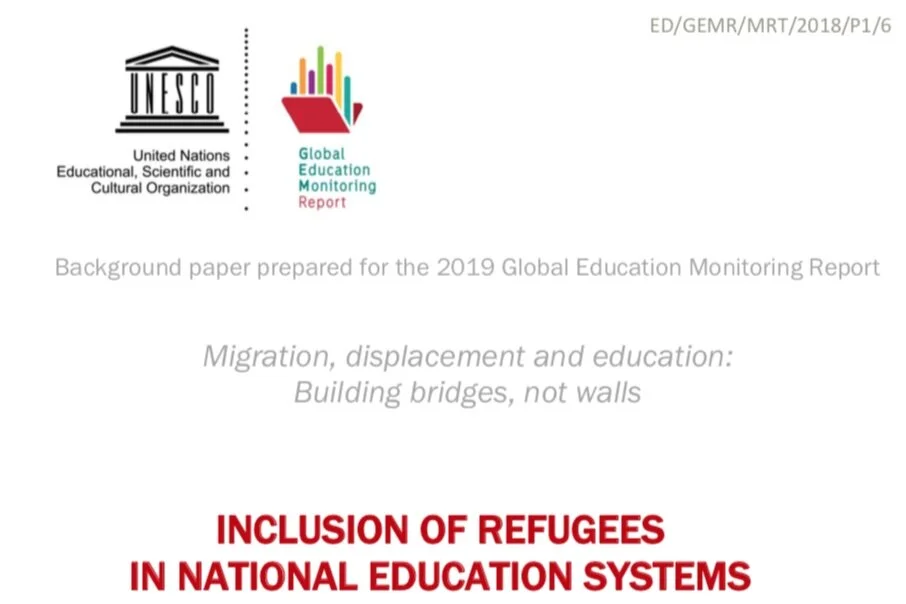Resources for Policymakers
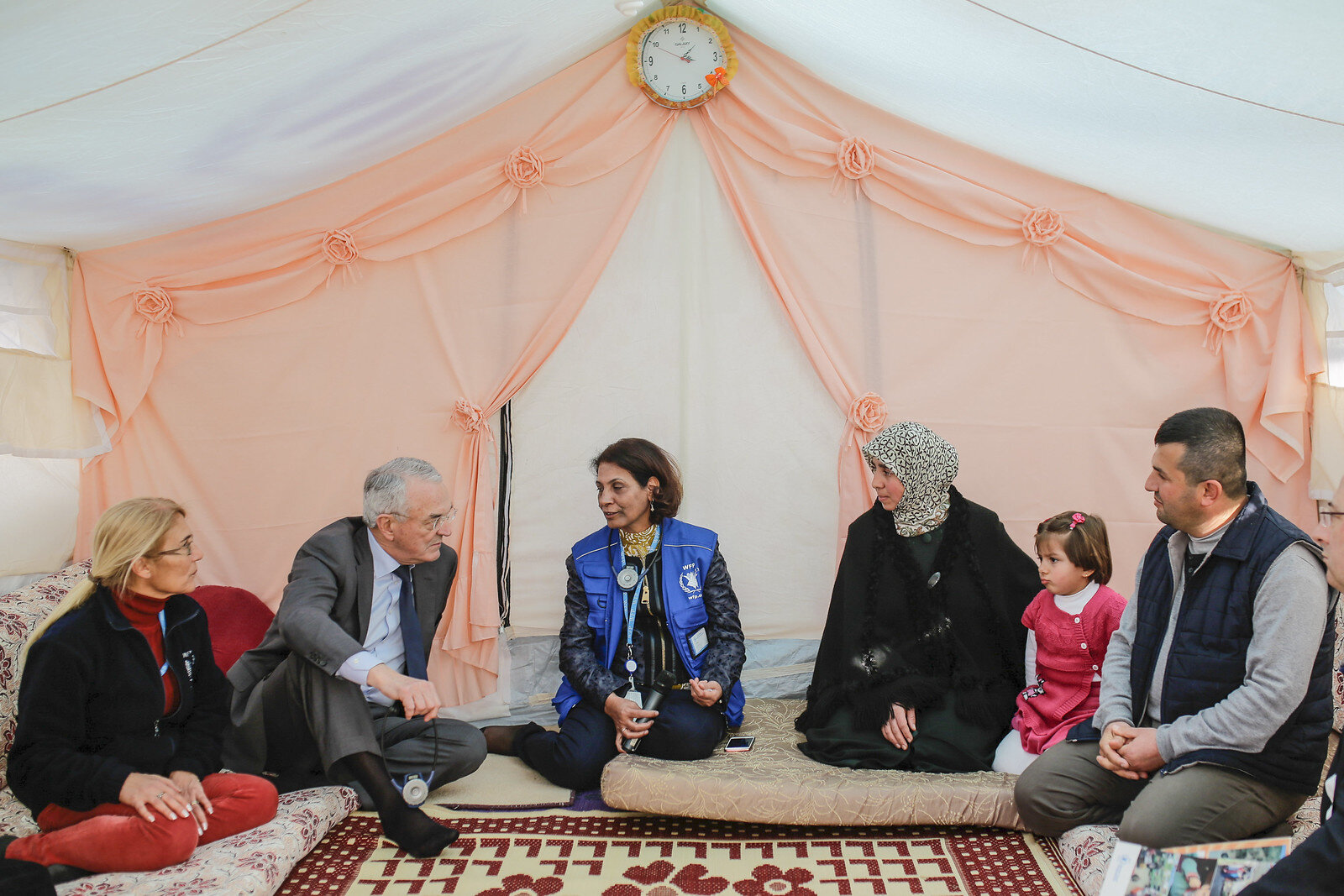
Members of the European Parliament visit Turkey to assess response to Syria refugee crisis. Photo: European Union 2016 - European Parliament (CC BY-NC-ND 2.0). No changes made. bit.ly/344cQCp
How can policy foster welcoming communities and quality education in settings of migration and displacement?
For each of our research articles, we offer practical steps and actions for this policy work. Our work focuses on ways that policies and practices interact with the experiences of teaching and learning in schools. Policy is created and lived in many places: at and across local, national, regional, and global levels.
Considering these many levels allows education policy to connect the influences of individual, family, community, region, nation, and world on teaching and learning. In education of refugees, ideas of responsibility, power, and collective benefits are particularly salient as refugees are educated as non-citizens within nation-states and within national education systems.
Research
Refugee REACH ROUNDS aim to foster discussions on common dilemmas of practice experienced by researchers, policymakers, and educators working in settings of migration and displacement. Our hope is that through dialogue and debate on really challenging questions and dilemmas in our field, together we can advance our collective understanding and find ways to promote quality education and welcoming communities for all in settings of migration and displacement.
Podcast
The Covid-19 pandemic has created an emergency situation for most education systems worldwide. Luckily, there is a large body of research on education in emergencies that can help guide us through this unprecedented situation.
In this FreshEd Podcast, Refugee REACH founder and director Sarah Dryden-Peterson shares how this knowledge can help us thrive in this great moment of uncertainty and adapt to change, while planning for unknowable futures and ensuring inclusion and equity for all learners.
Research
The Kakuma refugee camp in Kenya is one of the largest and oldest refugee camps in the world, with refugees coming from at least nine nearby countries. In the first literacy census in a refugee camp, researchers assessed all the schools providing lower primary education to refugee children in Kakuma, Kenya.
Podcast: Co-authors Benjamin Piper and Sarah Dryden-Peterson sit down with the Journal on Education in Emergencies to discuss their team’s findings and highlight some of the factors that influence early grade reading.
Additional Resources
Research | The political economy for refugees can be understood as distinct from the political economy for citizens as it requires addressing fundamental questions of responsibility and assumptions about time horizons. This is particularly true in education, which is by nature a long-term engagement and investment and for which responsibility is presumed to lie with governments. As host countries and the global community grapple with decisions about how to provide refugee education, it is critical to understand how the political economy for refugees and for citizens may differ to ensure that approaches are equitable and effective for refugees and host communities.
Research | This article examines nation-state policies that have prioritized toleration of diversity over recognition through comparative case studies of three junior secondary schools in Botswana.
Podcast | Celia Reddick and Sarah Dryden-Peterson discuss language of instruction in refugee education on the FreshEd podcast, hosted by Will Brehm.
Book Chapter | New research by Celia Reddick and Sarah Dryden-Peterson reveals key tensions between home language instruction for literacy and learning, and inclusion of refugee learners in national school systems in host countries.
Research | This essay explores the civic education of refugees within the context of a radical global policy shift to include refugees in national education systems.
Insight | Featured article in Harvard Ed Magazine’s Summer 2020 edition highlighting six steps schools and communities should take to welcome displaced students into their communities and instill a sense of belonging.
Interview | REACH speaks to Ita Sheehy, former Head of Education at UNHCR, about where the field of refugee education stands today and the role of research in policy and practice.
Research | In the first literacy census in a refugee camp, researchers assessed all the schools providing lower primary education to refugee children in Kakuma, Kenya.
Insight | Sarah Dryden-Peterson shares her perspective on the school shutdowns caused by Covid-19 in this NPR article, offering lessons from other education in emergencies.
Interview | A conversation with UNHCR education specialist Mialy Dermish about what it’s been like to take her classroom learning into the field, her current role, and how she thinks about research in her work.
Report | This policy paper, published by the Global Education Monitoring Report (GEMR), draws on our long-term research in Lebanon to examine advantages and challenges of including refugees in national schools, particularly using a second shift model.
Research | This article analyzes how refugee education is understood and designed by actors in diverse positions: at global levels, across 14 refugee-hosting nation-states, within schools, and over time.
Interview | Mary Winters, an HGSE alumna and now Programme Specialist with the LEGO Foundation, shares what it’s been like to put her classroom learning into practice, how she uses research in her work, and what keeps her going.
Research | This article examines the quality of education available to refugees in both urban and refugee camp settings in Kenya, with a particular focus on teacher pedagogy.
Report | This policy report explores the educational histories of young refugee children in first-asylum countries, and identifies elements of these that are relevant to post-resettlement education in the United States.
Research | This article traces the history of policy development at the Global Partnership for Education (GPE) to understand the reasons for its increasing support of education in fragile and conflict-affected states.
Report | Background paper prepared for UNESCO’s 2019 Global Education Monitoring Report. It explores the inclusion of refugees in national education systems, focusing on case studies in Kenya, Uganda, and Lebanon.
Research | This article explores tensions in young people’s experiences under the policy of inclusion of refugees in national education systems, in the geographically segregated setting of a refugee camp in Kenya.
Video | Educator Jacques Bwira of the Great Lakes Primary School in Uganda discusses the challenges and opportunities of different models of refugee education.




